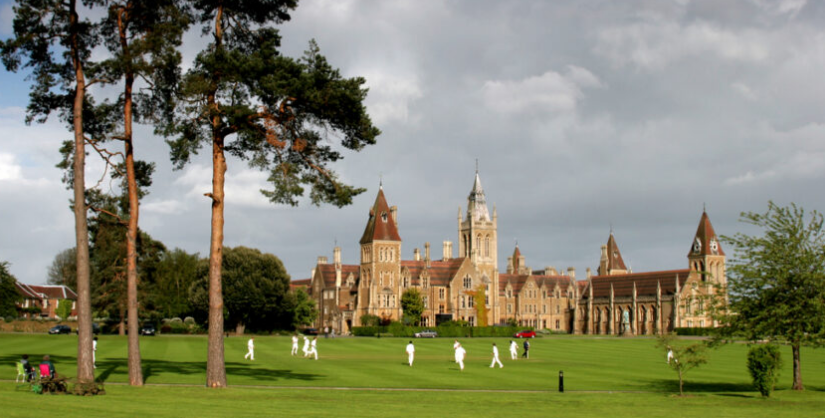Families earning £100,000 a year may now have less disposable income than those on minimum wage if they send two children to private school, according to new research by financial planning firm Saltus.
The findings come in the wake of the government’s introduction of VAT on private school fees, which has sharply driven up the cost of private education and placed additional financial pressure on even high-earning households. Saltus calculated that the average cost of sending two children to a private day school now stands at £50,302 annually once VAT is applied.
To cover that cost and still maintain the UK’s median disposable income of £37,430 per person, a gross household income of nearly £150,000 is now needed, the analysis found. By comparison, a couple both earning the national minimum wage—£23,809 each for a 40-hour work week—would retain more disposable income than a household on £100,000 paying for private education.
Saltus partner Mike Stimpson said the impact of VAT has caught many parents off guard. “Even those earning six figures are facing incredibly difficult financial decisions,” he said. “These are people who have budgeted carefully, planned responsibly and prioritised education, but now they find themselves in a position where earning £100,000 is no longer enough to afford the education they aspire to for their children.”
The figures are based on the latest census by the Independent Schools Council (ISC), which found that average annual day school fees now reach £18,064 per child. For boarders, the cost rises to £20,959. Although VAT is officially set at 20%, most schools have passed on approximately 14% of the increase to parents so far.
The VAT policy is currently facing a legal challenge from the ISC and others, who argue that it is discriminatory and breaches human rights. A ruling in the judicial review is expected in the coming weeks.
In the meantime, many families are already being forced to rethink their education plans. Some have withdrawn their children from private schools or opted for more affordable alternatives. Others are cutting back on household spending or extending their mortgages.
John Williams, a 36-year-old freelance translator from Surrey earning £95,000 a year, said he has seen his children’s school fees rise from £36,000 to £41,500. “We’ve had to tighten our budget significantly. We’re likely to move our daughter to a state school for sixth form,” he said.
As private school enrolment faces growing financial strain, the VAT policy is reshaping family budgets—and reigniting the debate over who should bear the cost of education in the UK.

